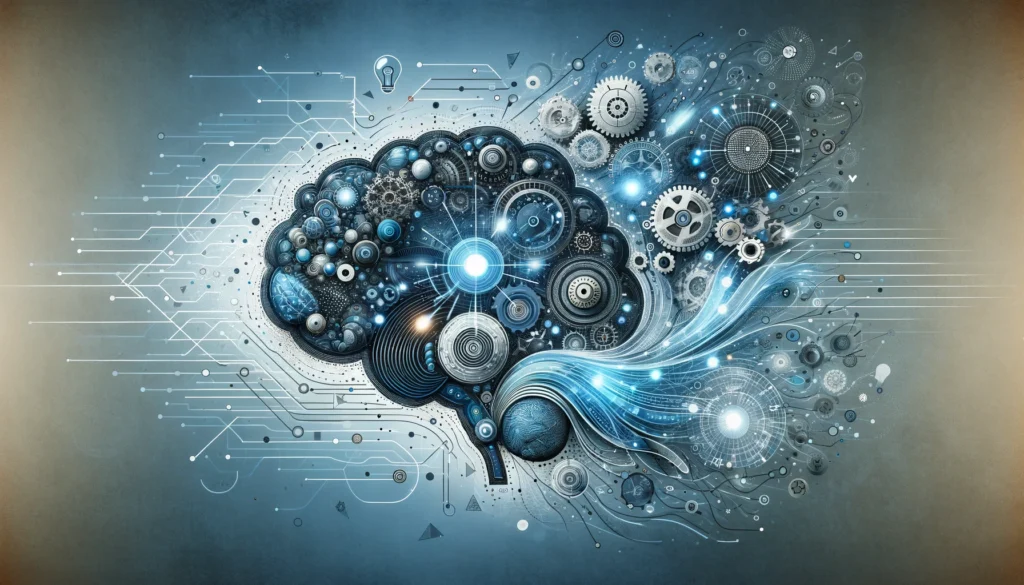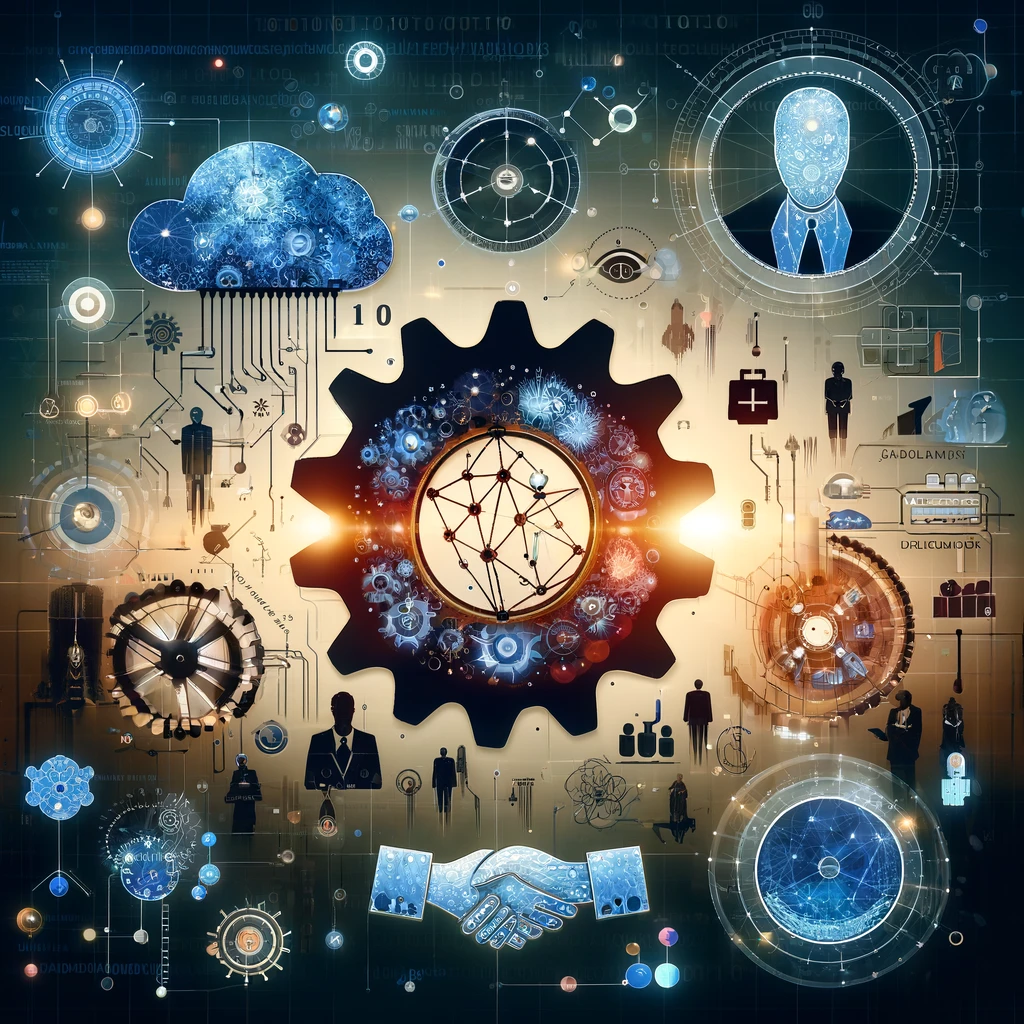Introduction: A Digital Revolution in Healthcare
The global healthcare sector has reached a pivotal junction where artificial intelligence (AI) is reshaping service delivery. The advent of AI-facilitated healthcare has introduced new technologies that promise to improve the efficiency of healthcare systems significantly, particularly in times of unprecedented demand.
The Pandemic and AI’s Response
The recent COVID-19 pandemic has tested the limits of healthcare systems, but it has also accelerated the integration of AI. From diagnosing diseases to managing patient care and streamlining administrative tasks, AI has proved to be a boon during these challenging times. In India, AI-led innovations have enhanced patient treatment outcomes and optimized resource allocation across the sprawling nation.
AI’s Role in Streamlining Healthcare
AI is not just a tool for crisis management; it’s a long-term solution for a variety of healthcare challenges. AI systems are increasingly being used to predict patient outcomes, personalize treatment plans, and manage patient data efficiently.
Ensuring Privacy and Equity
While AI offers countless benefits, there are valid concerns regarding data privacy and equitable access. The implementation of AI in healthcare necessitates strict adherence to privacy laws and ethical guidelines to protect sensitive patient information and ensure fair access to technology.
The Future of AI in Healthcare
Looking forward, the seamless integration of AI in healthcare is a vision that’s quickly turning into reality. This fusion of technology and medicine holds the promise of a more efficient, responsive, and adaptive healthcare ecosystem, capable of serving the diverse needs of the global population.
Conclusion
The integration of AI in healthcare is more than an innovation; it’s a transformative force that’s here to stay. With its ability to improve efficiency, reduce costs, and enhance patient care, AI is undoubtedly the cornerstone of the future of healthcare.




